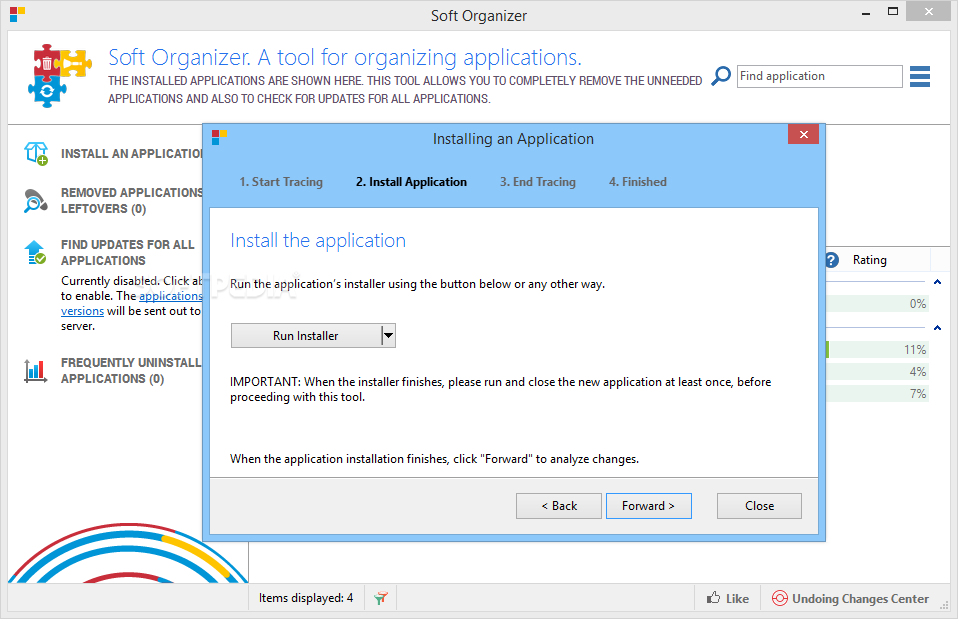

ICF-CY based tools can serve as foundation for capturing various functional profiles and environmental facilitators and barriers. The study findings endorse the complex nature of ADHD, as evidenced by the many functional and contextual domains impacted in ADHD. The clinical study also yielded strengths related to ADHD, which included temperament and personality functions and recreation and leisure. In total, 113 ICF-CY categories were identified, of which 50 were related to the activities and participation, 33 to environmental factors and 30 to body functions. The ratings were based on a variety of information sources, such as medical records, medical history, clinical observations, clinical questionnaires, psychometric tests and structured interviews with participants and family members. Clinicians and clinical researchers rated the functioning level of 112 children, adolescents and adults with ADHD using the extended ICF-CY checklist version 2.1a. An international cross-sectional multi-centre study was applied, involving nine units from eight countries: Denmark, Germany, India, Italy, Portugal, Saudi Arabia, Sweden and Taiwan. To investigate aspects of functioning and environment of individuals with ADHD as documented by the ICF-CY in clinical practice settings. Replacing small toys with a big item like a swing uses the space to greater advantage with a therapeutically savvy tool.This is the fourth and final study designed to develop International Classification of Functioning, Disability and Health (ICF, and children and youth version, ICF-CY) core sets for attention-deficit hyperactivity disorder (ADHD). If you don't have the option of a small space, then minimize the number of items in the space. A smaller bedroom or workspace makes managing items a less arduous task since there is less to manage. Maximize with Small Spaces If you are working with someone who is highly disorganized, remember that smaller spaces are easier for them to manage. Remember, organization is like any skill where practice makes it better. Let's take a look at some tips and tools that may help to organize our minds, bodies and day-to-day lives. Organizational skills can be taught and mastered, and are paramount to surviving in school, home, workforce and personal life.Īs we find more and more distractions thrown our way, organizational skills are even more vital to keeping our lives orderly and calm. Without it, we cannot survive as it provides mechanisms for breathing, thinking, speaking, feeling, memory and higher functioning skills like planning, creating and organizing.įor some, organization skills come naturally and for others, especially with ADHD, it is like a foreign language.


It is literally the computer system for the human body.


 0 kommentar(er)
0 kommentar(er)
